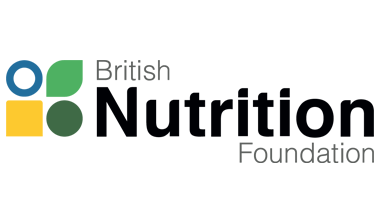Vitamins & Minerals
British Nutrition Foundation
We aim to give people access to reliable science-based information to support anyone on their journey towards a healthy, sustainable diet. In this section you can read about the roles of vitamins and minerals in the body and the foods that provide them in the diet.
Quick facts on vitamins and minerals
- Vitamins and minerals have a wide range of functions in the body, although we only need them in small amounts (milligrams [mg] or micrograms [µg] per day).
- Eating a healthy, balanced diet which includes foods from all the groups shown in the Eatwell Guide should mean that most of us get the vitamins, minerals and other nutrients we need in the right balance for good health (except for vitamin D – see below).
- In the UK, some of us (particularly teenagers) may have low intakes of certain vitamins and minerals, such as iron, magnesium, zinc and selenium.
- Supplements are recommended in some situations. For example, all children aged between 6 months and 5 years should be given a daily supplement containing vitamins A, C and D.
- Adults and children aged 5 years and older should take (or should be given) a daily 10µg (microgram) vitamin D supplement during the autumn and winter months.
- Some groups are advised to consider taking a daily 10µg (microgram) vitamin D supplement all year round, including people who are not able to go outside often or who cover their skin while outside, and people with dark skin (including from an African, African-Caribbean or South Asian background).
- Women who are pregnant, trying to conceive or could become pregnant, should take a 400 microgram (µg) folic acid supplement daily from pre-conception until 12 weeks of pregnancy.
- Well-planned vegetarian and vegan diets can provide most essential nutrients but there are some that may be more difficult to get enough of (such as vitamin B12), or which might be less well-absorbed by the body from plant-based foods (such as iron, zinc and calcium). Fortified foods (such as fortified breakfast cereals or dairy alternatives) may be useful for providing these nutrients.
- At the moment we do not have enough evidence to support taking vitamin D supplements to prevent or treat COVID-19, but we should continue to follow existing advice on vitamin D to maintain bone and muscle health.






































































